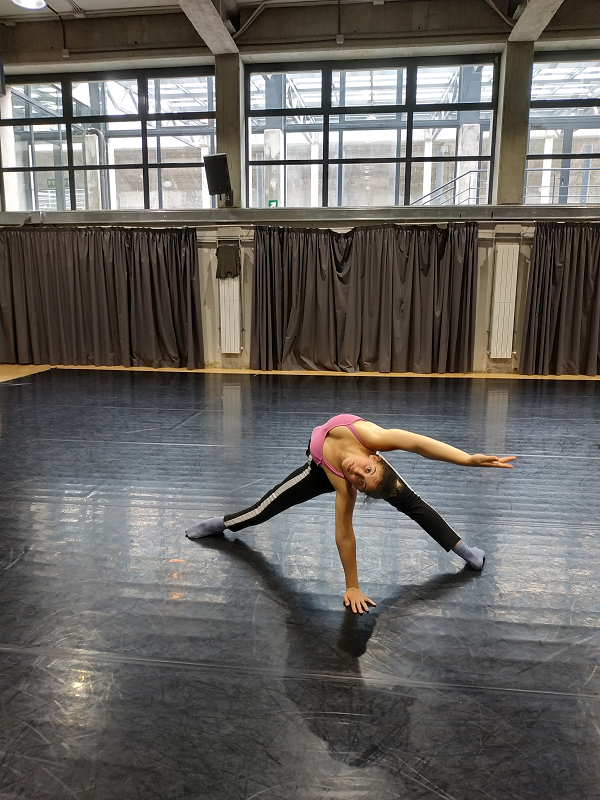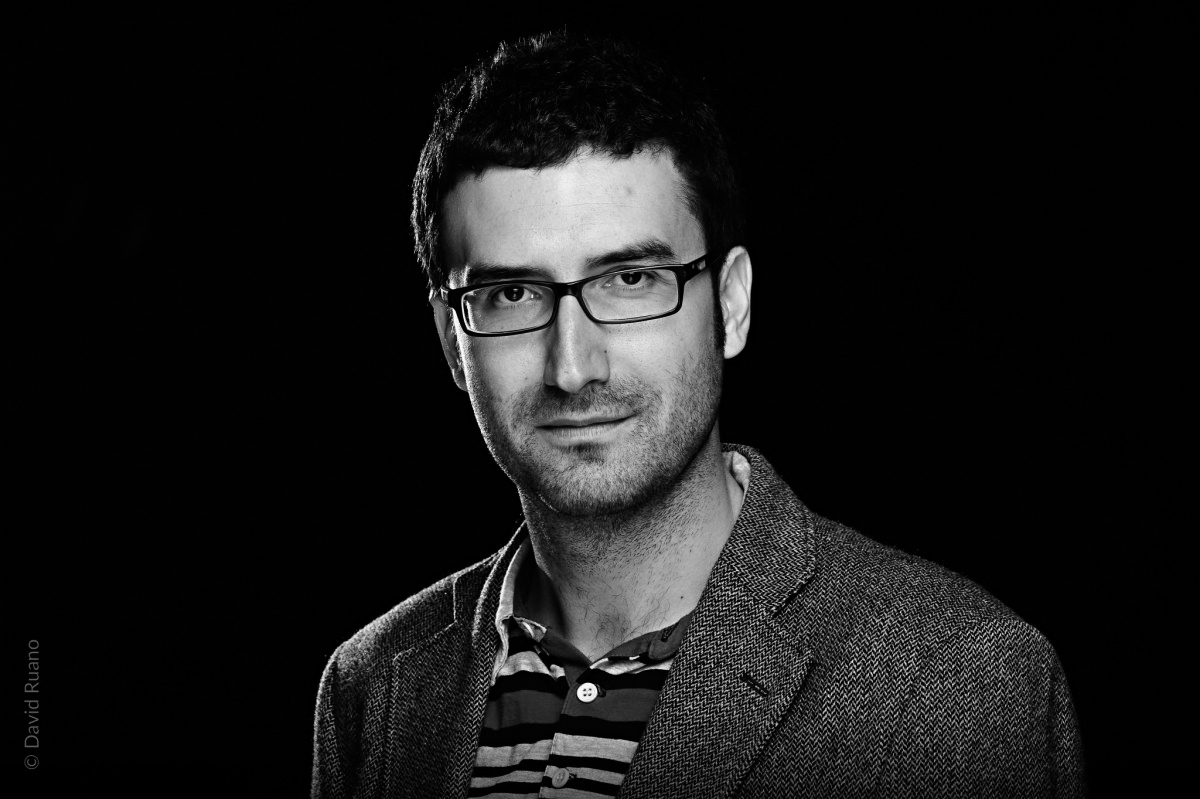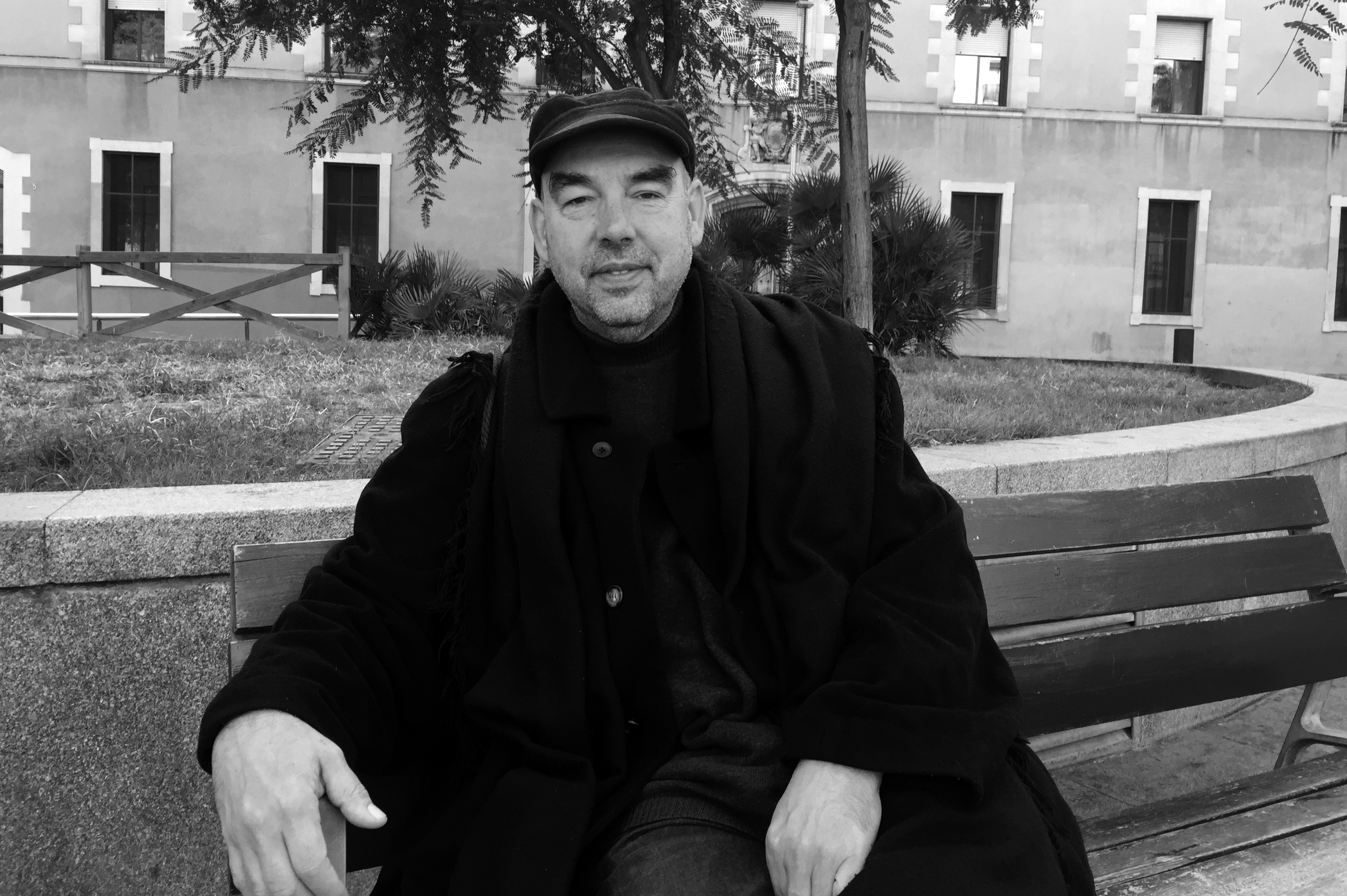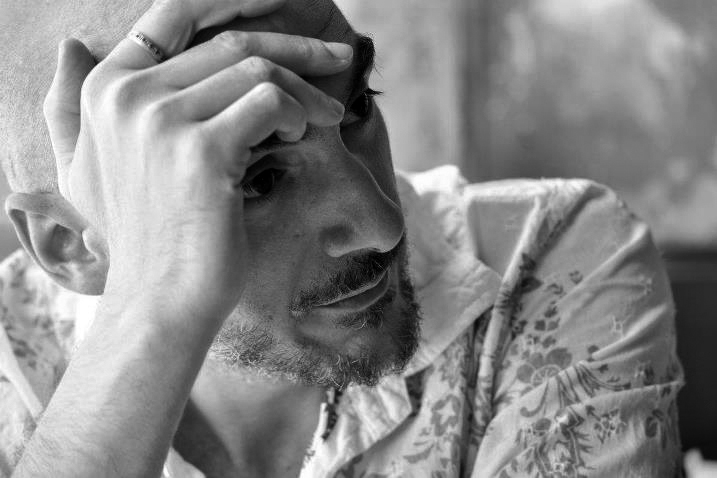
En el año 2006, la Escuela Profesional de Danza de Castilla y León bajo la tutela de la Consejería de Educación de la JCYL, inaugura el primer curso académico en sus dos sedes, con tres especialidades: Clásico y Español en el centro de Valladolid y Clásico y Contemporáneo en el de Burgos. El gran impulso de la Escuela, no obstante, fue a partir de disponer de los dos edificios (vinculo a instalaciones) que albergan estas enseñanzas, cuyos espacios concebidos para la enseñanza de la Danza nos han permitido desarrollar toda nuestra labor creativa y educativa
A lo largo de estos años, también se ha visto consolidado el equipo de profesores que han sentado las bases profesionales de estas enseñanzas de Danza y han demostrado su enorme valía no sólo a través de su labor diaria como educadores sino, especialmente, en los frutos obtenidos por la participación de los alumnos en Concursos de relevancia nacional e internacional, donde han demostrado su alto nivel técnico y artístico.
Asimismo, el talento de nuestros alumnos se ha visto recompensado con la participación en Galas de proyección internacional, becas para cursos, invitación a encuentros internacionales, etc. y lo más importante, con la contratación de un importante número de alumnos en compañías nacionales e internacionales: European Ballet de Londres, el Ballet de Checoslovaquia, Ballet de Mainz (Alemania), el Ballet de Ginebra (Suiza), Ballet de Capitole de Toulouse, Taller de Formación del Centro Andaluz de Danza (CAD), etc.
La Escuela Profesional de Danza de Castilla y León, en su X Aniversario abrió sus puertas para mostrar su interesante labor educativa, social y cultural a la sociedad castellana y leonesa por medio de una serie de actos, encuentros, muestras y espectáculos de un gran nivel artístico y cultural.
GRAN GALA ANIVERSARIO
Como plato fuerte de este Aniversario, cada Sede llevó a cabo su Gran Gala la cual se realizó en dos de los más importantes espacios escénicos de nuestra Comunidad: El Auditorio del Forum Evolución (Burgos) y el Centro Cultural Miguel Delibes (Valladolid)
Basándonos en las presentaciones que realizan las grandes escuelas de danza del mundo, todos los alumnos de cada Centro, desde el nivel elemental, al profesional (270 alumnos en Valladolid y 232 en Burgos) desfilaron y mostraron su labor sobre estos importantes escenarios.

Judit Sardón finalizó, en el curso 2017-2018, sus estudios de Danza Contemporánea en la Escuela Profesional de Danza de Castilla y Léón "Ana Laguna" de Burgos. Actualmente sigue formándose en el Conservatorio Superior de Danza María de Ávila.
"Mi nombre es Judit Sardón y terminé el Grado Profesional de Danza Contemporánea, en el año académico 2017-2018, en la Escuela Profesional de Danza de Castilla y León "Ana Laguna" de Burgos. En la Escuela, recibí una gran formación y disciplina, y tuve la oportunidad de aprender de los grandes profesionales con los que la escuela cuenta como profesorado. Guardo un gran recuerdo de todo lo vivido, y sé que siempre será mi hogar, donde me educaron como bailarina y como persona. Actualmente, estudio el Grado Superior de Danza en el Conservatorio Superior de Danza María de Ávila, y espero seguir en el mundo de la danza mucho tiempo".
---------------
José Manuel Mora Ortiz
 Author, playwright, Director of the Escuela Superior de Arte Dramático de Castilla y León (ESADCYL)
Author, playwright, Director of the Escuela Superior de Arte Dramático de Castilla y León (ESADCYL)
A graduate in Dramatic Writing and Stage Direction from the Real Escuela Superior de Arte Dramático in Madrid, Mora Ortiz completed his theatrical training in European cities including London, Berlin and Amsterdam. His plays – translated into English, French, Italian, German, Polish and Serbian –have been performed at the Centro Dramático Nacional, the Teatro Español in Madrid, the Royal Court Theatre in London, the Berliner Festspiele und Theatertreffen in Berlin, and the TR Warszawa in Warsaw, among others. He was also selected as author for the Spanish Ministry of Culture’s Programme of Current Dramatic Writing and for FONCA (Fondo Nacional para la Cultura y las Artes/National Fund for Culture and Arts) programme for young creative artists in Mexico. In recent years he has had a prolific career as author, dramatic writer and literary collaborator, and is currently the artistic director of Draft.inn. He also collaborates as playwright with the Belgium theatre-and-dance company Peeping Tom, and he is the artistic advisor for the Staatstheater Wiesbaden Biennale. His play ‘Los Nadadores Nocturnos’ won the Max Award for the Best New Production in 2015. He recently premiered ‘Esta no es la casa de Bernarda Alba’. Mora Ortiz has been director of ESADCYL since 2017.
Santiago Alba Rico
 Writer and essayist
Writer and essayist
A graduate in Philosophy (UCM), Alba Rico was scriptwriter for the legendary television programme ‘La bola de cristal’ and has had some twenty books on politics, philosophy and literature published, as well as three children’s stories and a play. His works include the essays ‘Las reglas del caos’ (nominated for the Anagrama Award 1995), ‘La ciudad intangible’ (2000), ‘El islam jacobino’ (2001), ‘Vendrá la realidad y nos encontrará dormidos’ (2006), ‘Leer con niños’ (2015), ‘Capitalismo y nihilismo’ (2007), ‘El naufragio del hombre’ (2009), ‘Noticias’ (2010) and ‘Penúltimos días’ (Los libros de la catarata, 2016). Since 1988 he has had a close relationship with the Arab world, having translated into Spanish the Egyptian poet Naguib Surur and the Iraqi novelist Mohammed Jydair. For many years he has given lessons in Literature at the Cervantes Institute. His latest books are ‘Ser o no ser (un cuerpo)’ (Seix Barral, 2017), ‘Todo el pasado por delante’ (Los libros de la catarata, 2017) and ‘Nadie está seguro con un libro en las manos’ (Catarata, 2018). Alba Rico works with media outlets such as Público, Cuarto Poder, CTXT and Atlántica XXII.
Roberto Fratini Serafide
 Playwright, teacher and dance theorist
Playwright, teacher and dance theorist
Fratini Serafide is at present teaching Theory of Dance at the Conservatori Superior de Dansa Barcelona (Institut del Teatre) for the Màster Universitari en Estudis Teatrals (Institut del Teatre/Universitat Autònoma de Barcelona) and is a member of the research groups ‘Iconodansa’ and ‘Heterotopías danzadas’, which is based at the Universitat Rovira i Virgili in Tarragona. He has given masterclasses, workshops and conferences on theory and dramatic writing at academic and theatrical institutions in Spain and abroad, notably the Universitat de Barcelona, the Centre de Cultura Contemporània de Barcelona, the Université de Lyon, the Mercat de les Flors, the Hochschule der Kunst (Berne), the Tanzhaus (Zürich), the Pôle Sud and UFR Arts (Strasbourg), the Tanzhaus (Düsseldorf), the Tanzquartier (Vienna), the Royaumont Danse (Paris), the Centro di Ricerca per il Teatro (Milan) and the University of Bologna Drama, Art and Music Studies. He has had books, articles and essays published in several magazines in this field, and has been key-note speaker and dramatist for the Modul-Dance Europe project since 2013. He is also the administrator of the Société des Auteurs Suisses training project ‘Dramaturgie Chorégraphique’. Fratini Serafide’s works have been performed in major European dance and theatre festivals, and in 2013 he won the Sebastià Gasch FAD Award.
 English
English
 Español
Español 